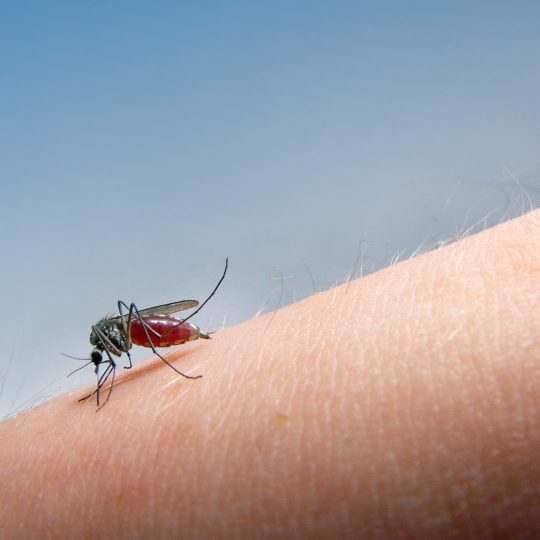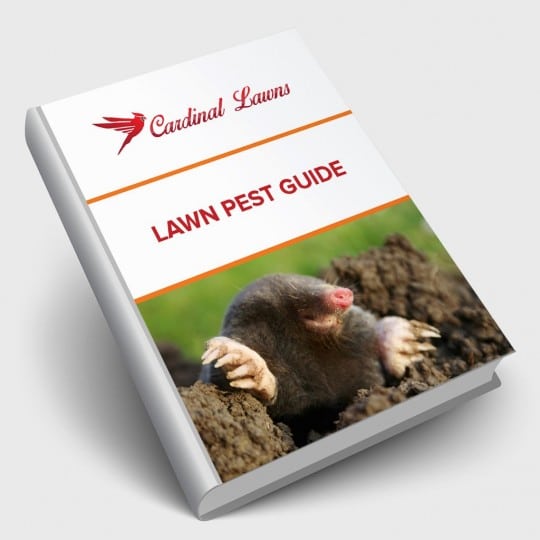Mosquitoes and the West Nile Virus
How to Protect Yourself this Summer
Posted
August 9, 2018

When the weather is warm and wet, it’s not just summer, it’s time to think about protecting yourself from mosquitoes and the West Nile virus.
What’s the West Nile Virus
West Nile is a virus most commonly spread by mosquitoes. Mosquito season typically starts in the summer and continues through fall, and while not all carry the virus, it’s still helpful to know how to prevent their itchy bites.
Not everyone will show symptoms of having the West Nile virus. The most common sign after getting bit is a fever, and the most rare cases are fatal. Some other symptoms include:
- headache
- joint pains
- vomiting
- diarrhea
- rash
Patients may often feel fatigue and weakness for weeks, but most people recover completely. Those who develop more serious cases could be diagnosed with encephalitis or meningitis. If weakness turns to paralysis and fatigue leads to disorientation, a more thorough evaluation is needed. Anyone bit by a mosquito is at risk, but those over 60 and who have other medical conditions are at greater risk.
Talk to your doctor if you experience any symptoms. They can run tests for the infection and discuss treatment options for serious cases, but most people will find relief with over-the-counter pain meds.
Preventing Mosquitoes and the West Nile Virus
While there is no treatment for the virus, there are ways of preventing it. You can reduce your risk by preventing mosquito bites in the first place. Wear long-sleeved shirts and pants if you can. Apply repellent containing DEET to exposed skin, especially when spending long periods of time outdoors and in wooded or wet areas. Here are some other tips for using insect repellent:
- Always follow the product label instructions for who can use it, where, and how often to reapply.
- Don’t use under clothing.
- Apply any sunscreen before applying repellent.
- Treat clothing and other outdoor gear with proper repellent products.
- Choose an EPA-registered repellent to help ensure effectiveness.
There are also ways to prevent mosquito bites without using repellent.
- Install screens on windows and doors, and make sure any holes are repaired.
- Keep all windows and doors shut and use conditioning when possible.
- Sleep under a mosquito net
- Cover a baby crib, stroller, and carrier with mosquito netting.
- Don’t let water collect for too long in any one area. Either throw out old items, cover them, or empty items such as old tires, buckets, planters, toys, pools, birdbaths, flowerpots, or trash containers.
You can still enjoy the summer outdoors and stay safe from pesky mosquitoes. If you’ve tried the suggestions above and still have a hard time preventing bites, talk to your doctor about other options, or call Cardinal Lawns for more lawn treatment information.

Download Your FREE Lawn Pest Guide
Pests become most prevalent during the heat and humidity of summer. Take some time to learn about the signs of infestations before any damage can be caused to your landscape. This handy guide will teach you how to spot common lawn pests and how to keep them from causing harm to you and your property.